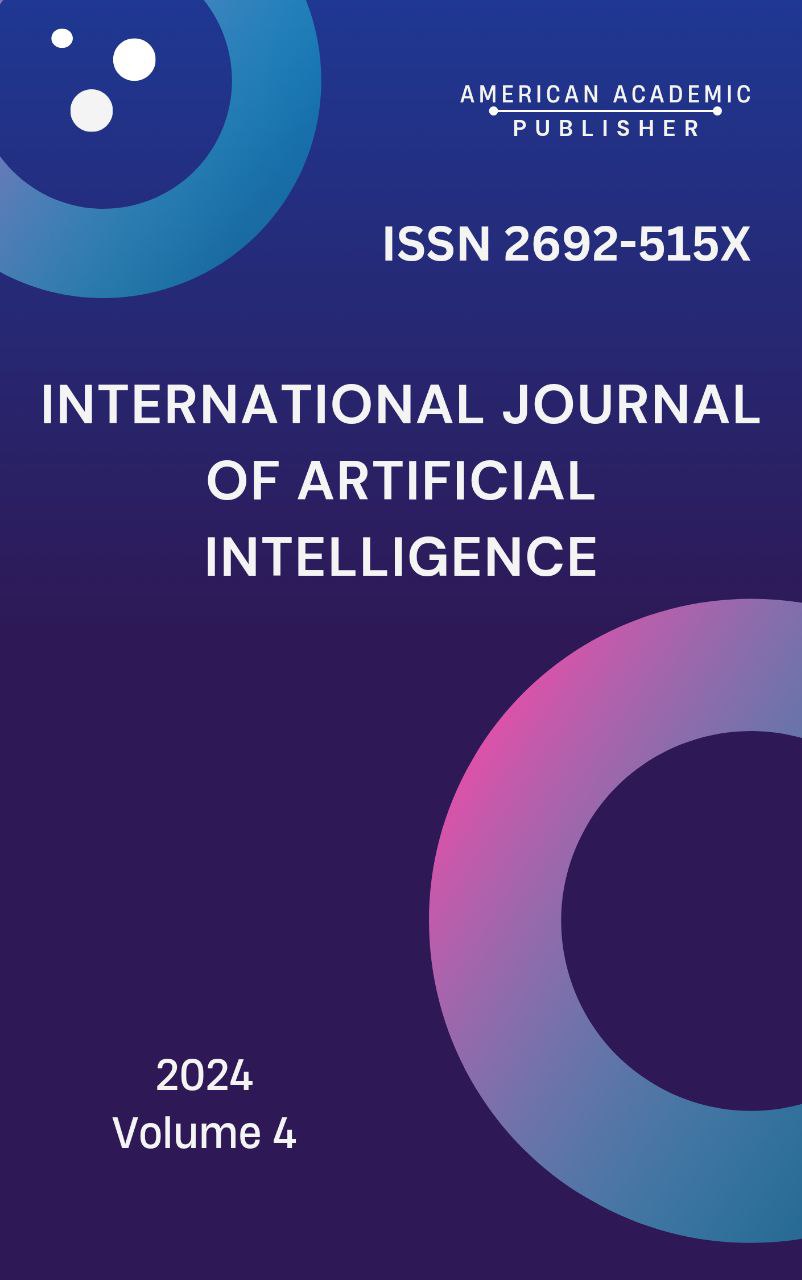 Articles
| Open Access |
Articles
| Open Access | DEVELOPMENT OF STUDENTS' PROFESSIONAL COMPETENCES BASED ON IMITATIONAL MODELS - A FACTOR FOR IMPROVING THE QUALITY OF EDUCATION
Jo'rakulov Jasur Javhar ugli , Researcher at Bukhara State UniversityAbstract
This article analyzes the issue of developing students' professional competencies based on imitative models. The theoretical and practical aspects of imitative teaching, their role in improving the quality of education are considered. Methods of forming professional competencies using virtual simulations, role-playing games and technological platforms are analyzed. The results of the study are aimed at determining how imitative models affect the educational process and providing recommendations for their effective implementation.
Keywords
imitative models, professional competence, innovative education, virtual simulation, interactive teaching.
References
Anderson, J. R. (2018). Cognitive psychology and its implications (9th ed.). Worth Publishers.
Kolb, D. A. (2015). Experiential learning: Experience as the source of learning and development (2nd ed.). Pearson Education.
Mayer, R. E. (2020). Multimedia learning (3rd ed.). Cambridge University Press.
Schunk, D. H. (2019). Learning theories: An educational perspective (8th ed.). Pearson.
Wilson, K., & Korn, J. H. (2017). Immersive learning and simulation-based education: Strategies for engagement. Routledge.
Article Statistics
Downloads
Copyright License

This work is licensed under a Creative Commons Attribution 4.0 International License.

